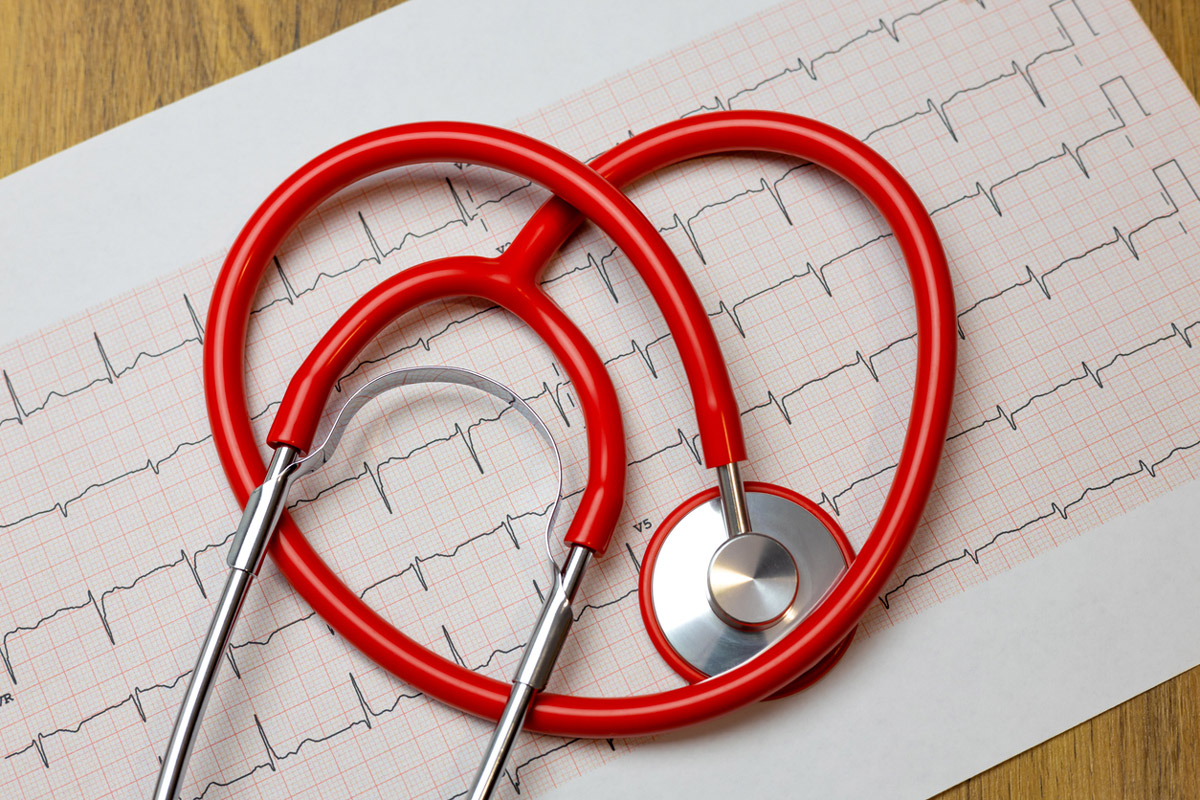


What Factors Increase Your Risk for Heart Disease?
Your heart is one of the most important organs in your body. It’s responsible for ensuring that the rest of your body gets the blood and oxygen it needs to function, while seamlessly removing waste.
It’s also an organ that requires certain diet and lifestyle choices to keep it functioning in tip-top shape. While living an overall healthy lifestyle is advised for keeping you feeling well, there are certain lifestyle choices and other health conditions that can increase your risk for heart disease.
Heart disease is an umbrella term that contains multiple structural and functional conditions of the heart. It is critical to learn, understand, and take steps to prevent heart disease, as it is the leading cause of death in the United States. According to the CDC, about 1 in 5 people in the United States died from heart disease in 2022.
Let’s explore a few of the main factors that can increase your risk of developing heart disease.
High Blood Pressure
One of the most important indicators of your risk for developing heart disease is your blood pressure. Think of your arteries and blood vessels as highways. When there are more lanes (or fewer constrictions or obstructions of your vessels and arteries) traffic flows freely. When there are fewer lanes (or more constrictions or obstructions of your vessels and arteries) traffic congestion will begin to pile up.
This ‘congestion’ means that the pressure of your blood as it flows is too high. If this high blood pressure is left unchecked, it can hurt other organs in your body like your kidneys or brain by constricting these organs' blood vessels, which has detrimental effects on their function. It is important to know that you will never experience symptoms of high blood pressure — and for that reason, it is known as a “silent killer”. You need to have it tested regularly to know if you have it.
Luckily, blood pressure can be lowered with a wide variety of medications, allowing patients and their providers to select treatments most well suited for their needs, and lifestyle changes, such as moving more, limiting alcohol, and consuming foods that do not directly correlate to heart disease progression, which then can lower your risk of developing heart disease or having a heart attack.
High Cholesterol
You may recognize cholesterol from nutrition labels on your food and on packaging labeled “low-cholesterol”. It is a fat-like, waxy substance that is found in some of the foods we eat and is made in your liver. Naturally, your liver makes all the cholesterol you need, so the foods you eat may be supplying an excess of cholesterol to your body.
This excess cholesterol can build up in your arteries. This causes your arteries to narrow and decreases the blood flow to vital organs like your brain, kidneys, and heart.
Much like high blood pressure, high cholesterol levels in your body usually don’t show any outward symptoms. This means that you need to get your cholesterol tested regularly with your provider. This test is called a lipid profile. It is recommended that from ages 20 to 44 you have a profile conducted every 5 years. This increases to every other year at 45 and to every year at 65.
Smoking and Vaping
Smoking, vaping, and the use of other tobacco products can increase your risk of developing heart disease and having a heart attack.
Smoking and vaping do damage to your blood vessels and heart. This damage can increase your risk for heart attacks, atherosclerosis, and other diseases of the heart. In addition, the nicotine alone in most tobacco products can increase your blood pressure — which we’ve already discussed as a key risk factor for heart disease.
Unfortunately, smoking and vaping not only increase your risk for heart disease. Secondhand smoke exposure for those around you and in your household can also increase their risk of developing heart disease.
If you’re concerned about any of these key risk factors, be sure to reach out to your provider. Your healthcare team can help you make healthy lifestyle choices that can lower your risk of developing deadly heart disease.
The information on this site is for informational purposes only and should not replace direct medical advice, diagnosis, or treatment from your doctor or another qualified healthcare provider.
Sources:
“Heart Disease Facts.” The Centers for Disease Control.
“Heart Disease Risk Factors.” The Centers for Disease Control.



















.jpg)





















.jpg)

















.jpg)


























.jpg)
.jpg)
.jpg)













